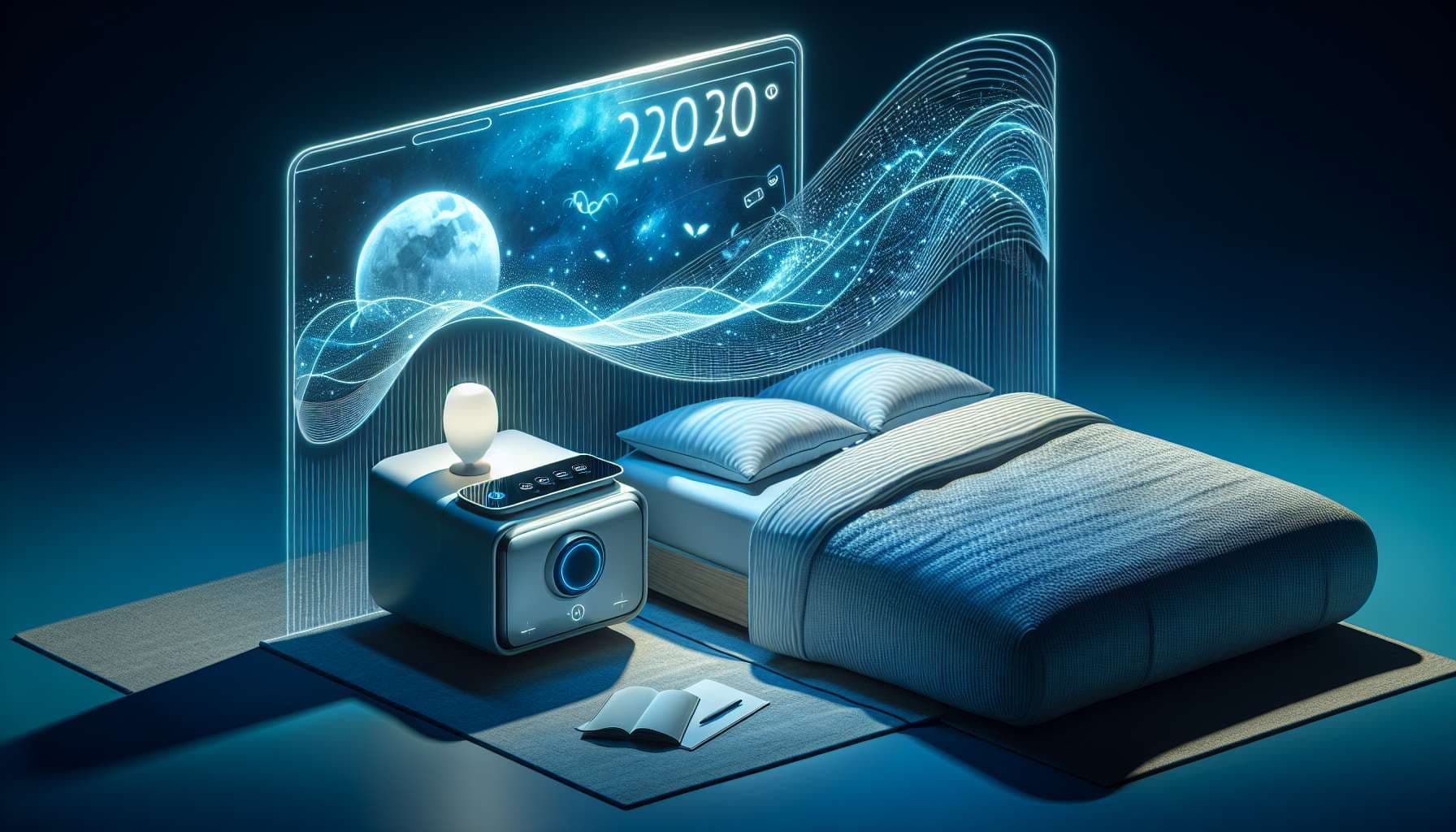
This question will resolve YES if at the end of 2029 exists a technology that can provide a full length restful sleep every night without assistance of other substances/devices. The technology should be possible to be bought publicly or at least approved for use if needed.
Otherwise, it will resolve NO.
Sleep technology is advancing faster than ever, and I wouldn’t be surprised if by 2030 we have AI-driven tools or wearable devices that actually help retrain our sleep cycles. Honestly, even today, small lifestyle shifts can make a big difference. That said, even now, simple changes can help. I struggled with insomnia for years until I started a real bedtime routine and got serious about supplements. I use Canadian Pharmacy Partner to get magnesium and melatonin at a good price, it’s been the best solution.
This is a match made in heaven for ML's data processing capabilities (conventional ML, not the generative AI garbage that everyone's talking about). Going from zero in 2010 to seriously trying and making real progress by 2020 seems like good odds, in the next 10 years there might be massive breakthroughs in algorithmic advances and data collection e.g. EEGs.
However, the main cause of Insomnia is human genetic diversity. This makes it a similarly difficult problem as cancer, which is tractable but potentially requiring nanobots for a "universal cure" that fixes virtually all instances of runaway cell replication (which have a wide variety of causes).
I'm optimistic for tech that works on >80% of insomniacs but extremely doubtful for tech that works on >99% of people.
@ooe133 This is a great example of why "well designed markets" is such a difficult but worthy problem; prediction markets are incentive structures and they can go horribly wrong in very long lists of unique ways.